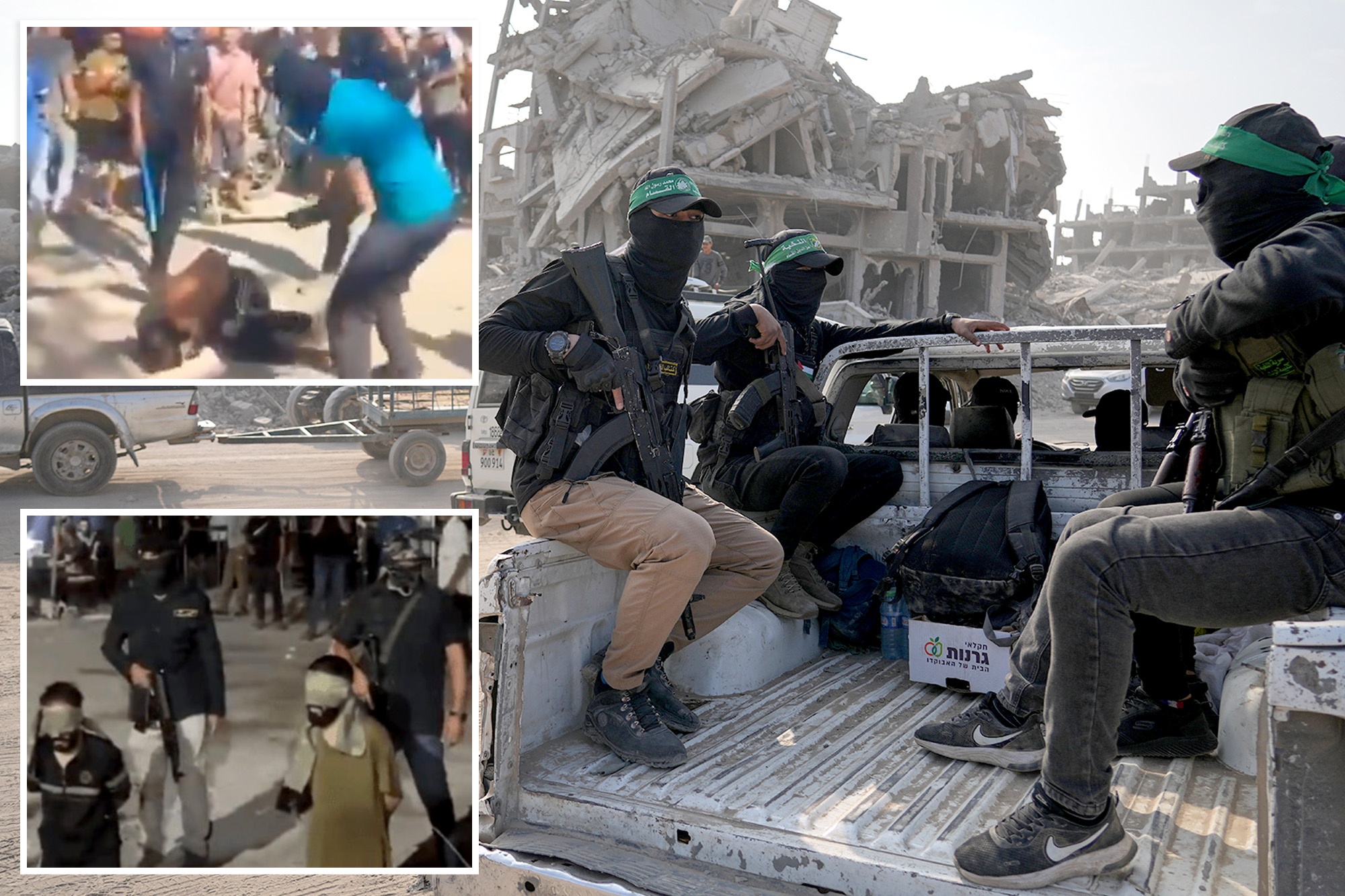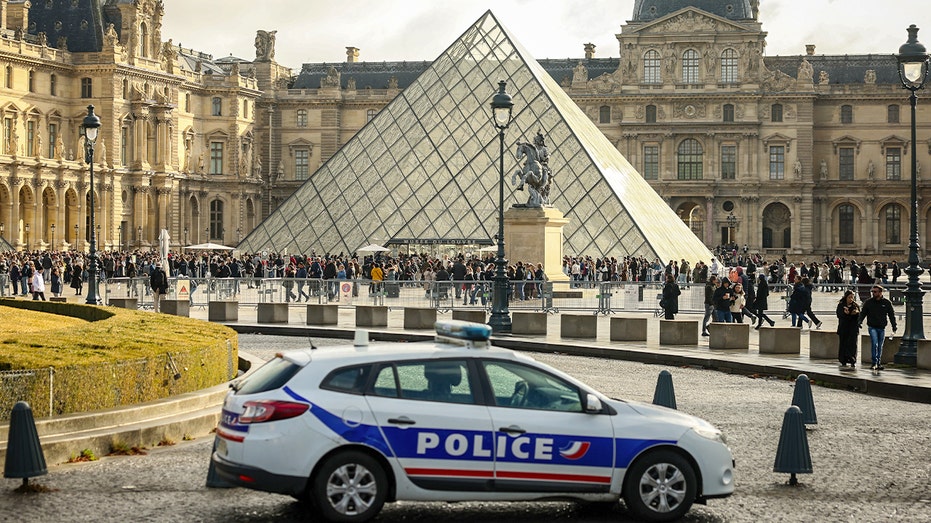Hamas has experienced a significant surge in popularity within the Gaza Strip during the ongoing cease-fire with Israel, with a recent poll indicating that approximately 51% of Gazans approve of the group’s efforts to restore order and facilitate humanitarian aid. This shift in public sentiment comes in the wake of a chaotic period marked by rampant crime and a looming humanitarian crisis. The findings, released by the Palestinian Center for Policy and Survey Research, highlight a stark contrast to the previous year when only 39% of respondents expressed approval for Hamas.
The rise in support for Hamas appears to be linked to its aggressive measures against crime, including public executions. Residents like Hazem Srour, a 22-year-old businessman from Gaza City, note that the desire for security has driven many to back Hamas, despite its controversial tactics. “Even those who oppose Hamas, the idea of security is something people want,” Srour stated. He emphasized that the breakdown of law and order, characterized by theft and violence, left many feeling vulnerable.
Prior to a cease-fire agreement in October 2023, over 80% of humanitarian aid entering Gaza was reportedly intercepted by armed groups or desperate civilians, as documented by the United Nations Office for the Coordination of Humanitarian Affairs (UNOCHA). The re-establishment of Hamas’ armed police has reportedly reduced theft rates to around 5%, allowing for more effective distribution of aid within the areas it controls.
Public Sentiment Shifts Amidst Violence
Despite ongoing criticism regarding its role in instigating the conflict, which has claimed nearly 70,000 lives, many Gazans recognize the security provided by Hamas. The poll conducted by Khalil Shikaki, director of the Palestinian Center, revealed that a majority of Gazans welcomed the group’s presence as a stabilizing force. Shikaki remarked that the results came as a surprise, given the previous trends indicating declining support for Hamas.
“To some extent, this war has proven to Gazans and others that Israel has failed to defeat Hamas,” Shikaki noted. He further remarked on the enduring nature of Hamas, suggesting that it is not likely to disappear soon.
The survey also indicated that 52% of Gazans oppose the introduction of international forces to disarm Hamas, signaling potential challenges for international efforts aimed at demilitarizing the Gaza Strip. Hamas has reiterated its commitment to retaining its weapons until a clear path toward Palestinian statehood is established.
As the cease-fire continues, the situation in Gaza remains complex, with a blend of support for Hamas amidst widespread concerns about the group’s methods. The humanitarian crisis persists, and the impact of ongoing violence is felt deeply across the region. The dynamics of public opinion may continue to evolve as both humanitarian needs and security concerns shape the lives of those in the Gaza Strip.







